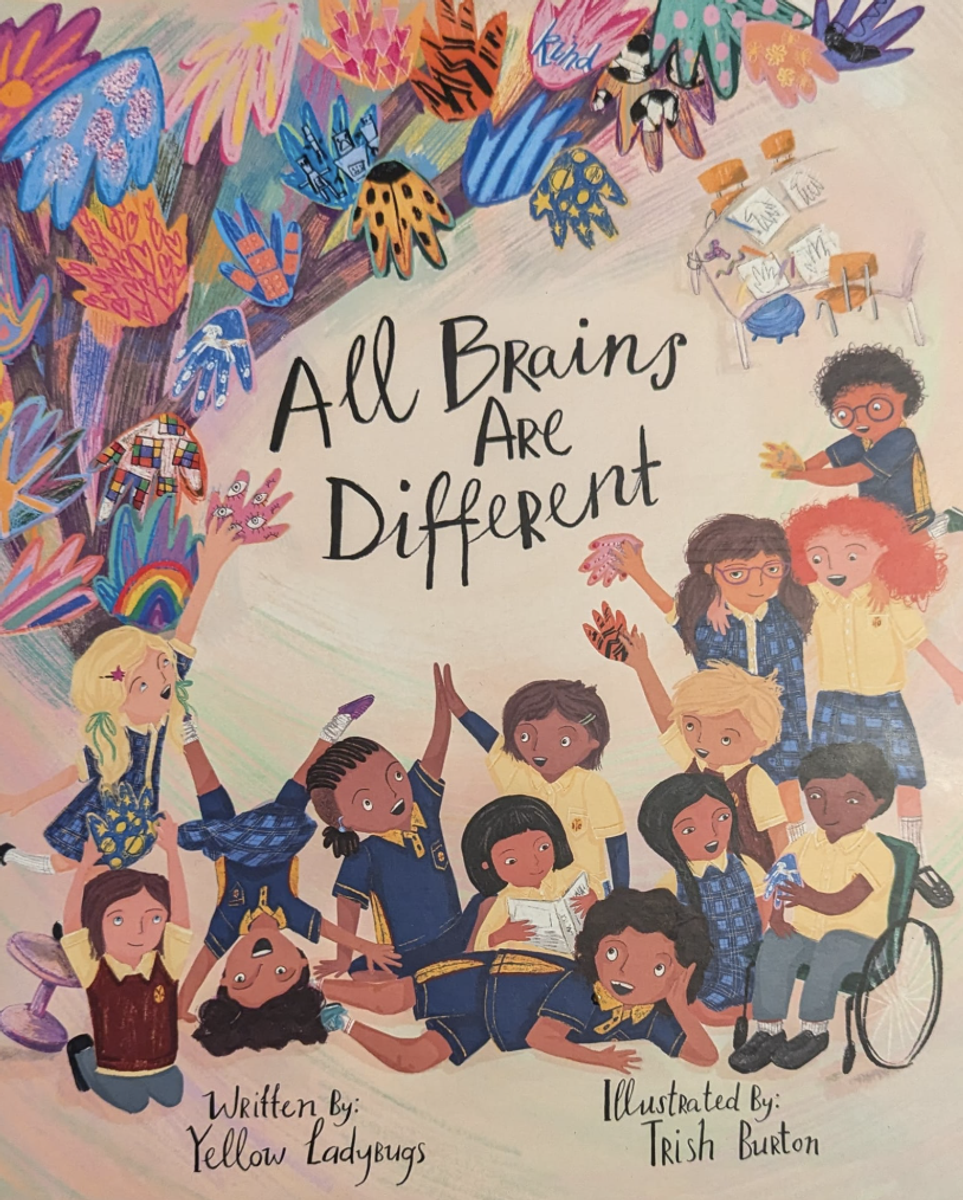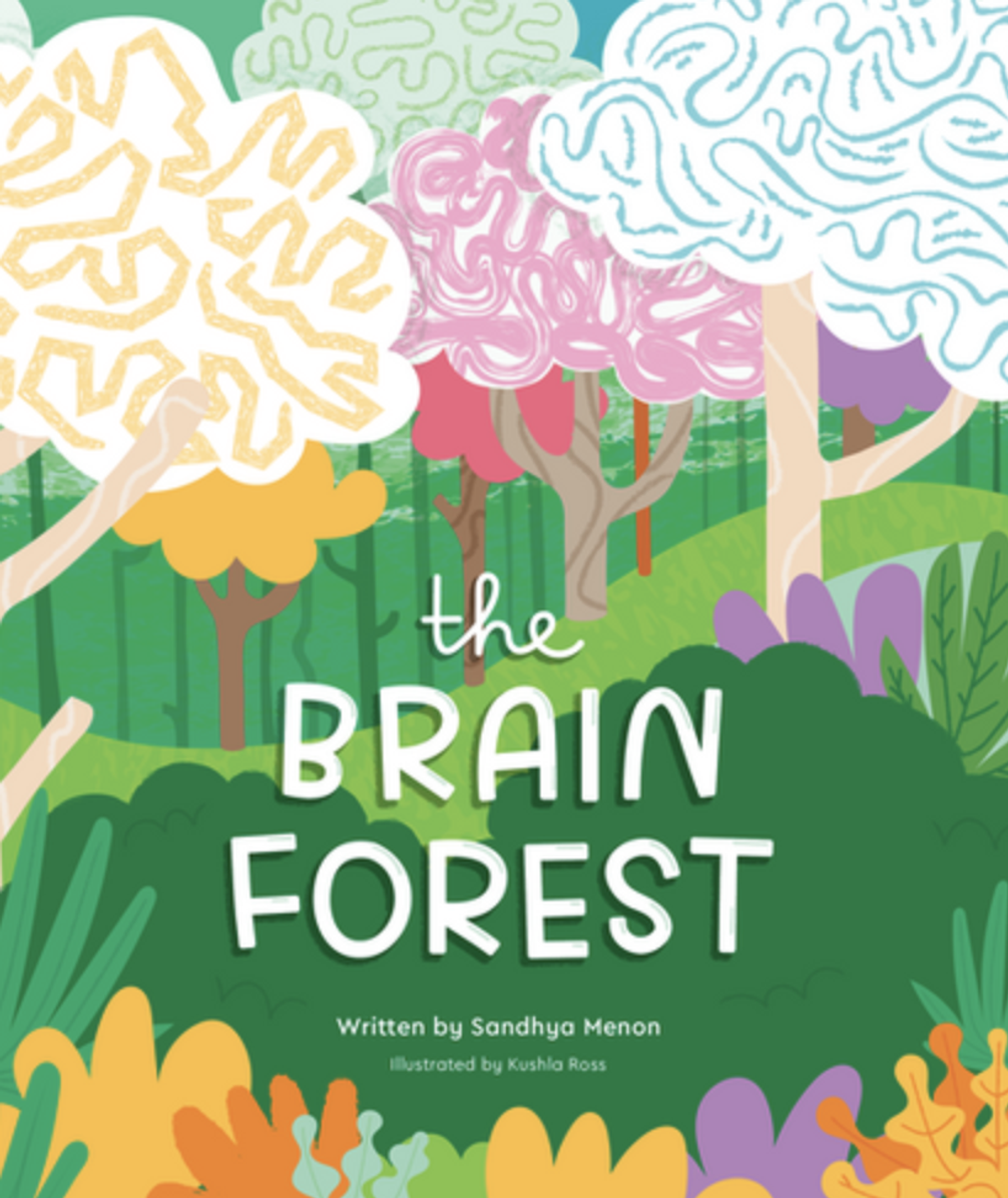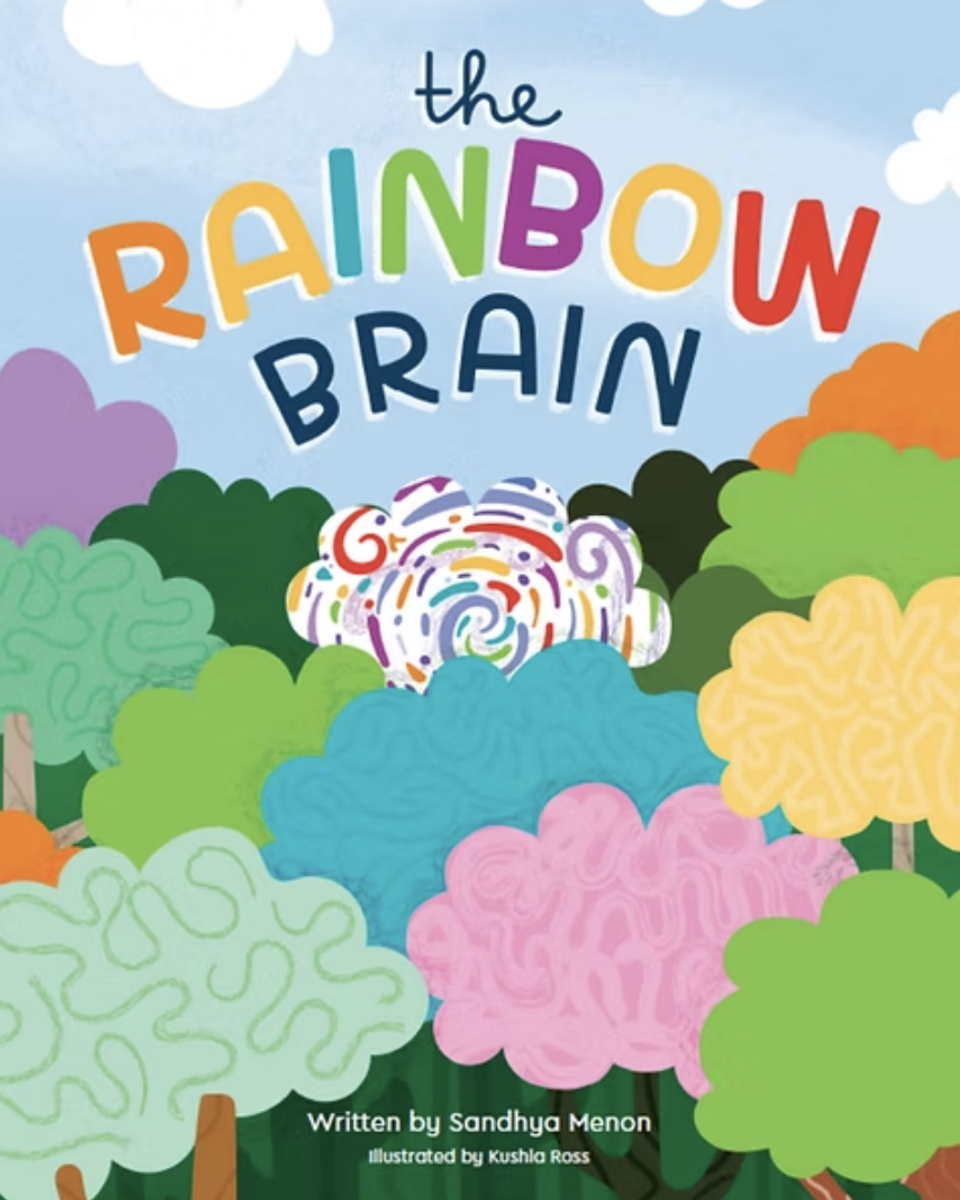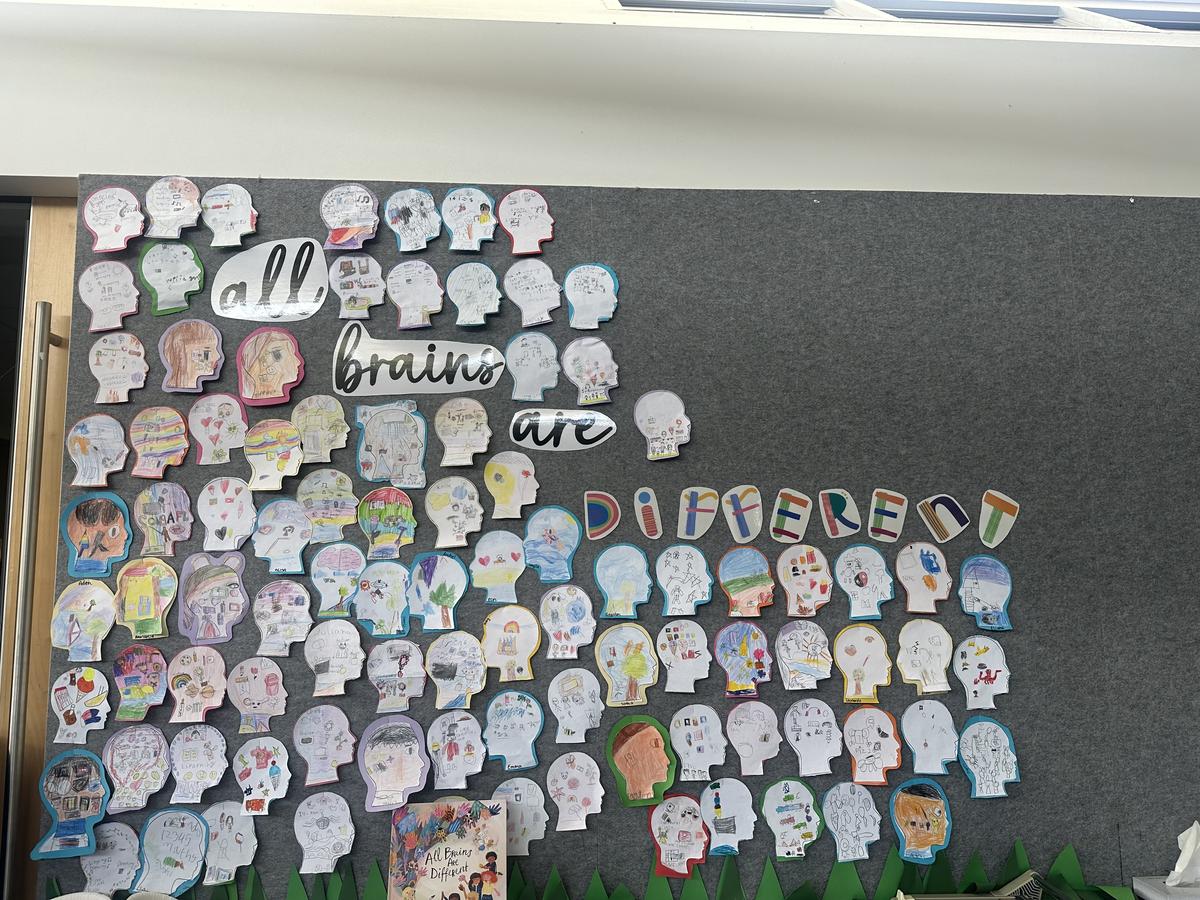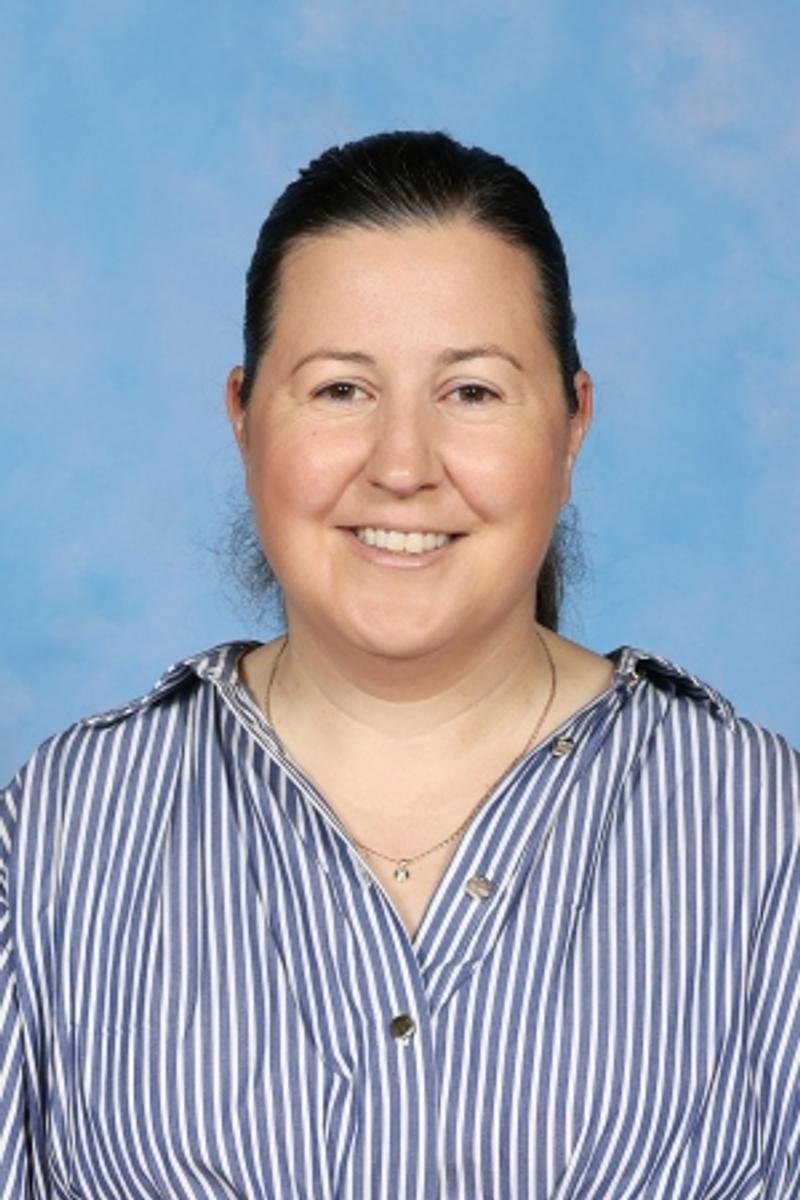Celebrating Neurodiversity Week

From the 17th – 23rd of March ARPS proudly participated in Neurodiversity Celebration Week, a global initiative that challenges stereotypes and misconceptions about neurological differences. This important event is all about recognising and celebrating the many strengths and talents of neurodivergent individuals while fostering an inclusive and equitable culture where all students can thrive.
Across our learning spaces, students engaged with the books All Brains Are Different, The Rainbow Brain, and The Brain Forest. These stories sparked meaningful discussions about the beauty of diversity, how we all think, learn, and experience the world in unique ways. Students explored similarities and differences, reinforcing the message that every brain is valuable and that diversity enriches our community.
Our staff also took part in a thought provoking presentation by psychologist Sandhya Menon, who spoke about neuroaffirming practice. She challenged us to reflect on how we support neurodivergent students and reaffirmed the incredible work already happening at ARPS. Neuroaffirming practice is about creating environments where neurodivergent individuals feel understood, respected, and supported, where their differences are embraced rather than 'fixed.' This means providing flexible learning options, validating students’ experiences, and ensuring they have the tools they need to succeed in their own way.
The impact of our commitment to inclusion was further recognised when two representatives from the Department of Education’s Inclusive Education Division visited our school to see our initiatives in action. They observed our flexible seating arrangements, regulation boxes, and other neuroaffirming strategies designed to support all learners. In recognition of this work, our Allied Health Team and I have been invited to an upcoming conference to take part in a Q&A session about neuroaffirming practices at ARPS, an incredible opportunity to showcase the positive changes we are making.
For parents, embracing neuroaffirming practices at home can make a world of difference. Simple strategies such as validating your child’s feelings, providing choices in their daily routines, and using strengths-based language can help them feel understood and empowered. Encouraging open conversations about different ways of thinking and learning fosters confidence and self-acceptance.
We are so proud of the work happening at ARPS to create an environment where every student feels valued and supported. Thank you to our wonderful staff, students, and families for being part of this journey in celebrating neurodiversity!
Connected, supported, thriving.
Rachel Gathercole
Assistant Principal – Wellbeing and Inclusion

